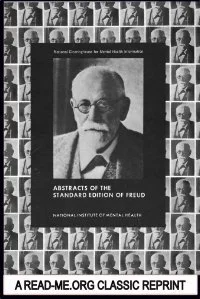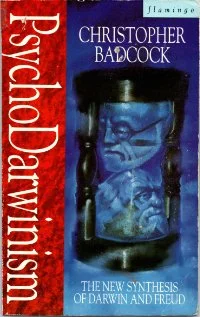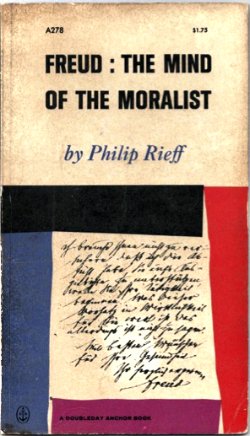Edited By Mary Higgins And Chester M. Raphael
“Reich Speaks of Freud” is a collection of interviews and documents that delve into Wilhelm Reich’s relationship with Sigmund Freud, his work in psychoanalysis, and his subsequent development of his own theories. Here are the key points and themes from the book:
Overview: The book includes detailed interviews conducted by Kurt R. Eissler in 1952, where Reich discusses his experiences with Freud and his views on psychoanalysis.
Documentary Supplement: This section contains letters and documents that provide additional context to Reich’s professional and personal life, his conflicts within the psychoanalytic community, and his ideological struggles.
Key Themes
Relationship with Freud:
Reich admired Freud and considered him a pioneer in understanding the human psyche.
He discusses Freud’s personal struggles, including his health issues and the impact of his Jewish background on his work.
Reich felt that Freud’s later theories, such as the death instinct, were a departure from his earlier, more revolutionary ideas.
Development of Psychoanalytic Theory:
Reich contributed significantly to psychoanalytic theory, particularly with his work on character analysis and the concept of orgastic potency.
He believed that Freud’s focus on the unconscious and libido was groundbreaking but felt that Freud did not fully explore the biological basis of these concepts.
Conflict and Controversy:
Reich faced significant opposition from the psychoanalytic community, particularly regarding his views on sexuality and his political activities.
He was critical of the psychoanalytic establishment for what he saw as their reluctance to embrace the full implications of Freud’s discoveries.
Sex-Economy and Orgone Energy:
Reich developed the theory of sex-economy, which linked psychological health to sexual satisfaction and the free flow of biological energy.
He introduced the concept of orgone energy, a universal life force, which he believed could be harnessed for therapeutic purposes.
Political and Social Views:
Reich was deeply involved in social and political issues, advocating for sexual freedom and criticizing authoritarian structures.
His Marxist views influenced his approach to psychoanalysis, leading to further conflicts with more conservative members of the psychoanalytic community.
NY. Farrar, Straus and Giroux. 1967. 321p.




